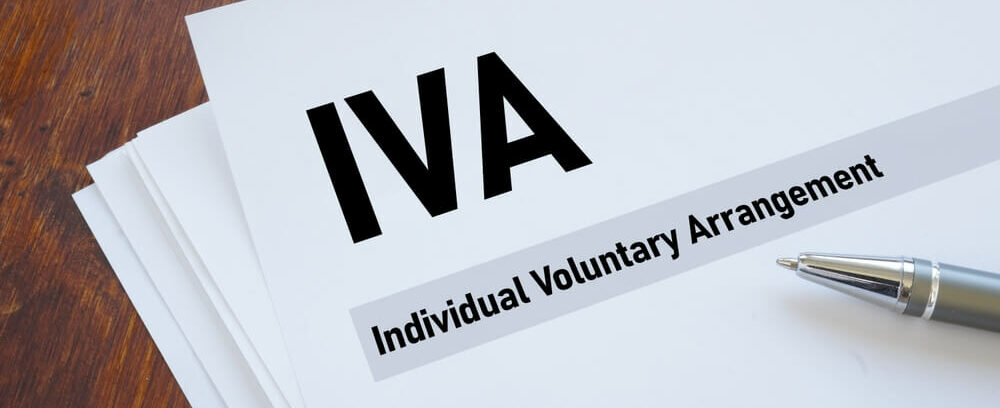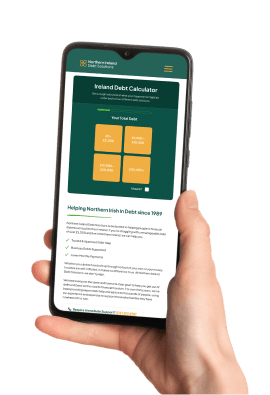What does it mean if a debt is unenforceable?
A debt is unenforceable when the creditor is no longer able to take legal action to recover it, due to the length of time it has been in existence. Also known as statute barred debt, an unenforceable debt still exists but the debtor isn’t legally obliged to repay.
The Limitations Act, 1980, sets the time limit on when an unsecured debt becomes statute barred – in Northern Ireland, England and Wales, this ‘limitation period’ is six years. Unsecured debt includes credit cards and store cards, catalogue debt, personal loans, overdrafts, and payday loans.

Conditions for a debt to become unenforceable
Essentially, there are two elements to consider when deciding whether a debt might be unenforceable:
- How long the debt has been in existence
- Whether there has been any written contact between the debtor and creditor
If you’ve made a payment at any time during the last six years, or written to the creditor about the debt, you’ve effectively confirmed the debt’s existence in law, and it remains enforceable.
If no contact has taken place between you and your creditor for six years, the debt might be statute barred but there are also some exceptions to the six-year limitation period depending on the type of debt.
Not all debts are unenforceable after six years
- If you’ve fallen behind on mortgage payments, your lender has 12 years in which to recover their money. The limitation period for mortgage interest arrears is six years.
- HMRC debts including income tax, capital gains tax, and VAT, don’t have a limitation period, so you can be pursued for repayment of these indefinitely.
- Personal injury claims have a limitation period of three years.
It’s also worth remembering that, if a debt is in joint names, there must be no contact with the lender from either debtor for the loan to be unenforceable.
When does the limitation period start for unsecured debts?
In many cases the limitation period begins on the day when a creditor can take legal action to recover their debt. This date should be stated on your credit agreement or contract, and could be after being in arrears for four weeks, for example, or following two missed payments – the wording may vary between agreements.
The date when a creditor can take action through the courts varies according to the type of debt, so calculating when the limitation period started isn’t always straightforward.
A further issue is that, when a debt becomes unenforceable through the courts, it doesn’t necessarily mean that you won’t be chased for payment. Creditors can ‘sell’ the debt to collection agencies who may continue to pursue you.
If you’re experiencing pressure from creditors or collection agencies over a debt that’s statute barred, seeking expert advice is crucial. Northern Ireland Debt Solutions has extensive experience of dealing with such issues, and can provide the help and advice you need. Call one of our expert team today.
Get Started – Contact The Team Today
Ready to take the first step to a brighter future? Contact Northern Ireland Debt Solutions today to understand your next steps.




